Optimal Timing for Shrub Trimming
Early spring is ideal for trimming many deciduous shrubs before new growth begins. It encourages dense, healthy growth and shapes the plant for the growing season.
Light trimming during summer can help manage size and shape. It is also a good time to remove dead or damaged branches.
Trimming in late fall is suitable for certain evergreen shrubs. It prepares plants for winter and promotes healthy growth in the next season.
Most shrubs should not be trimmed during winter as cold temperatures can damage new growth and increase susceptibility to disease.
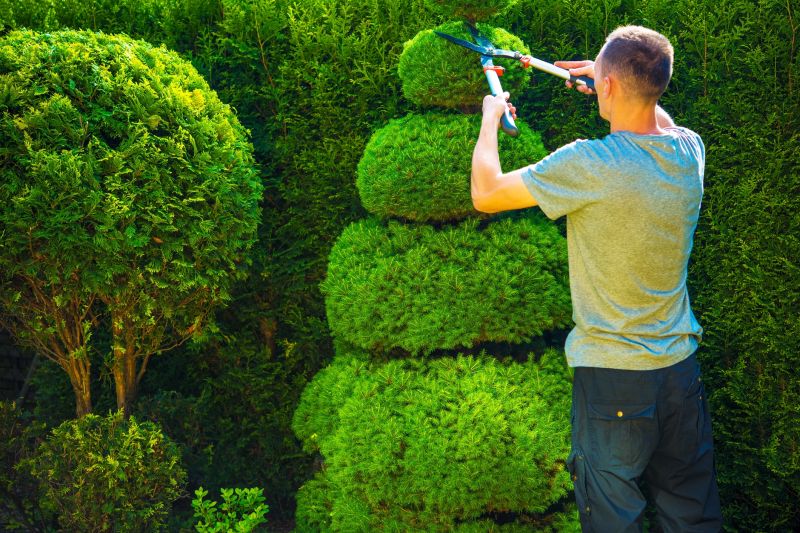
Pruning before new growth starts encourages healthy development.
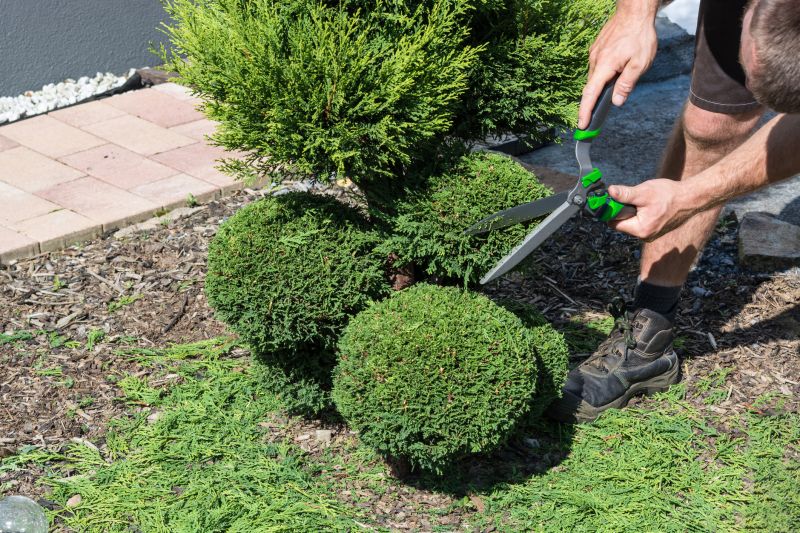
Light shaping and maintenance during the warm months.

Preparing shrubs for winter and the upcoming growth cycle.

Ways to make Shrub Trimmings work in tight or awkward layouts.

Popular materials for Shrub Trimmings and why they hold up over time.

Simple add-ons that improve Shrub Trimmings without blowing the budget.
| Shrub Type | Ideal Trimming Time |
|---|---|
| Deciduous flowering shrubs | Early spring before bud break |
| Evergreen shrubs | Late fall or early winter |
| Spring-flowering shrubs | Right after flowering |
| Summer-flowering shrubs | Late winter or early spring |
| Hedges | Multiple trims during growing season |
Shrub trimmings play a vital role in maintaining the health and appearance of landscape plants. Proper timing reduces the risk of disease, encourages new growth, and helps shape the plant for aesthetic appeal. The frequency and extent of trimming depend on the shrub species and desired form.
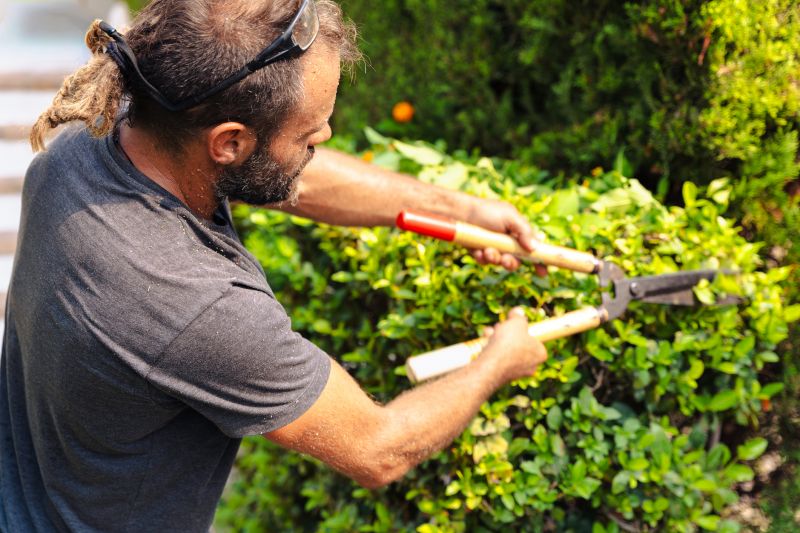
Regular trimming promotes vigorous growth.
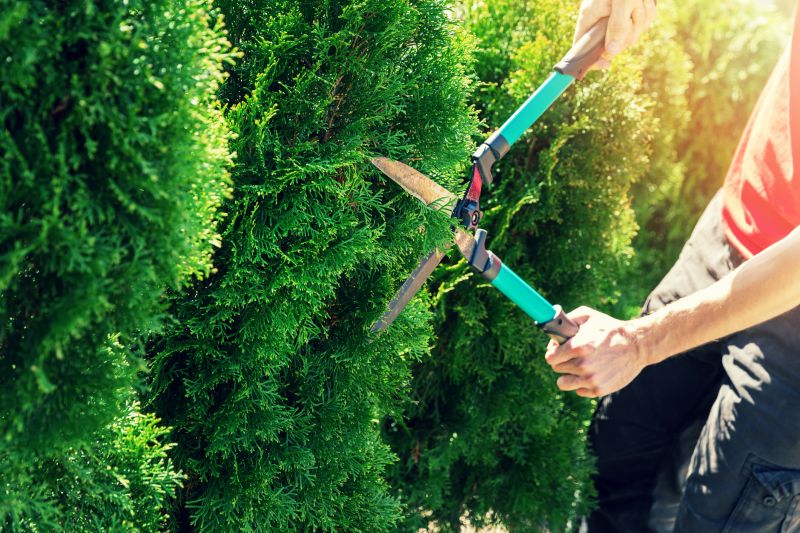
Use sharp, clean tools for precise cuts.
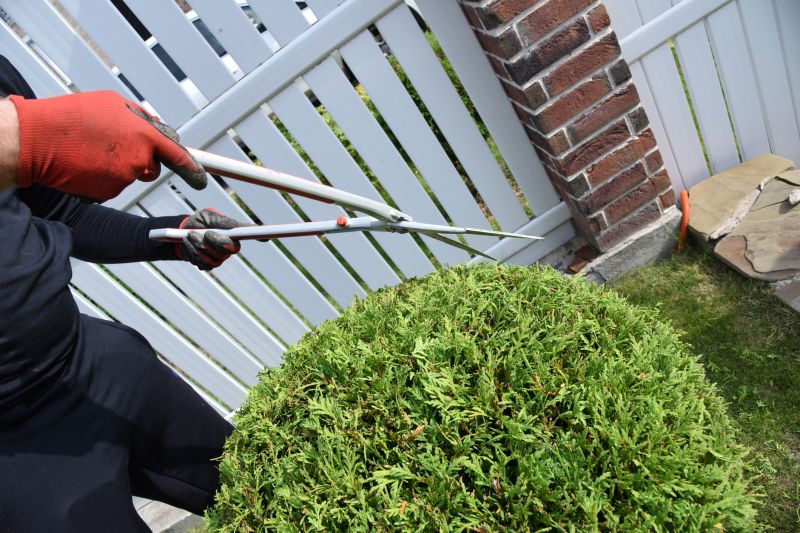
High-end options that actually feel worth it for Shrub Trimmings.
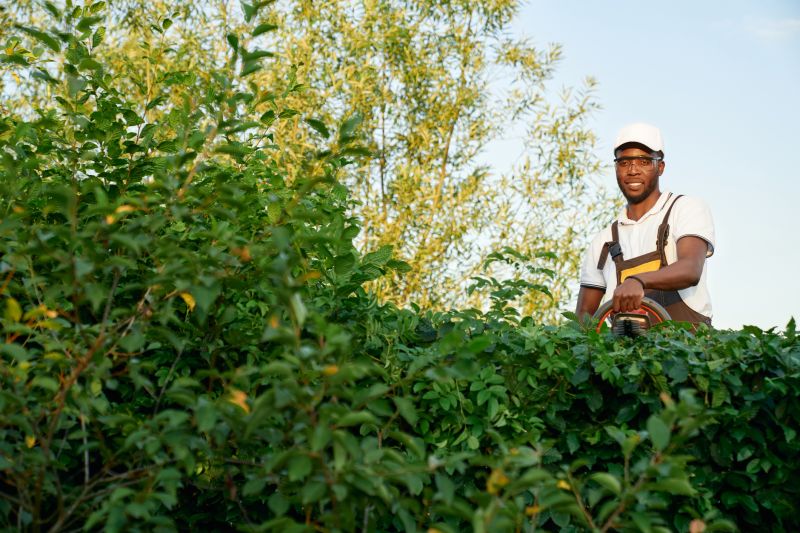
Adjust trimming practices based on season and shrub type.
Interested in shrub trimmings for landscape enhancement or maintenance? Filling out the contact form can provide additional guidance and scheduling options for professional trimming services.
